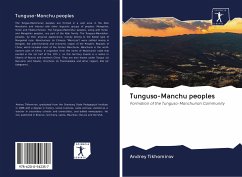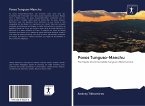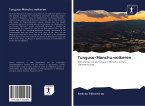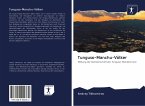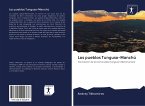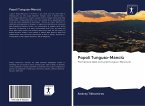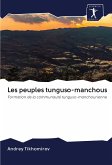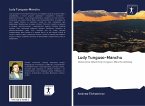The Tungus-Manchurian peoples are formed in a vast area in the Altai Mountains and interact with other linguistic groups of peoples: Mongolian, Turkic and Tibeto-Chinese. The Tunguso-Manchzhur peoples, along with Turkic and Mongolian peoples, are part of the Altai family. The Tunguso-Manchzhur peoples, by their physical appearance, mostly belong to the Baikal type of Mongoloid race. Manchurians (in Chinese "Man-tszu") were settled mainly in Dongbei, the administrative and economic region of the People's Republic of China, which included most of the former Manchuria. Manchuria is the north-eastern part of China. It originates from the name of Manchurian state that existed in the 1st half of the 17th c. on this territory. Evenki is a nation in Siberia of Russia and northern China. They are also known under Tungus (at Russians and Yakuts), Orochons (in Transbaikalia and Amur region), Kile (at Udegeans).
Bitte wählen Sie Ihr Anliegen aus.
Rechnungen
Retourenschein anfordern
Bestellstatus
Storno

